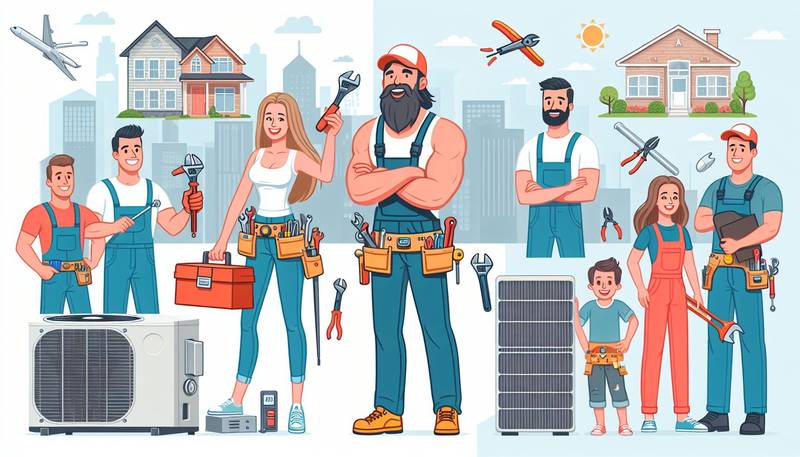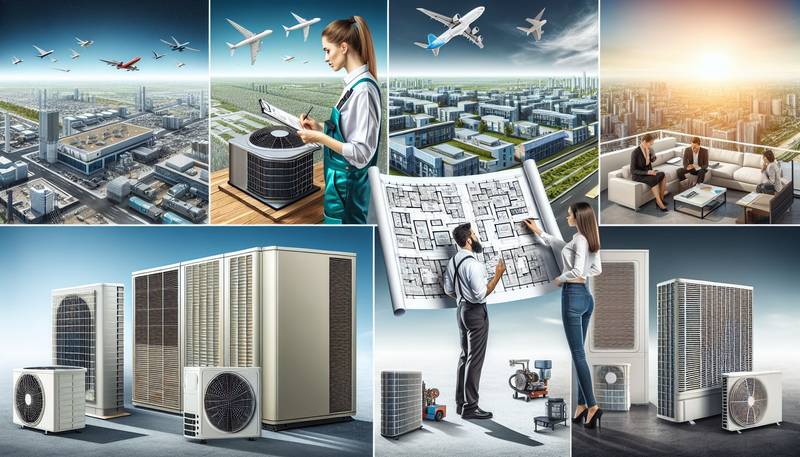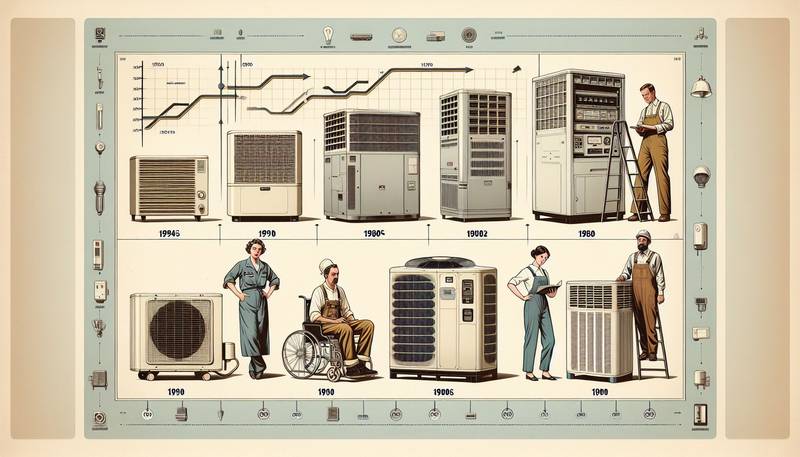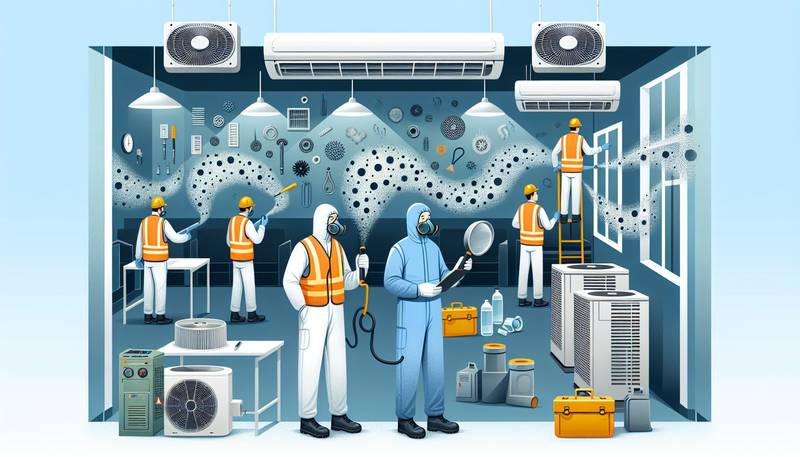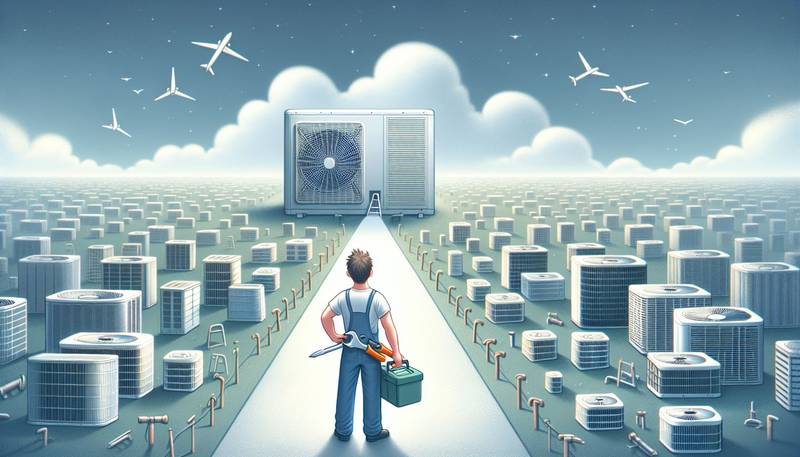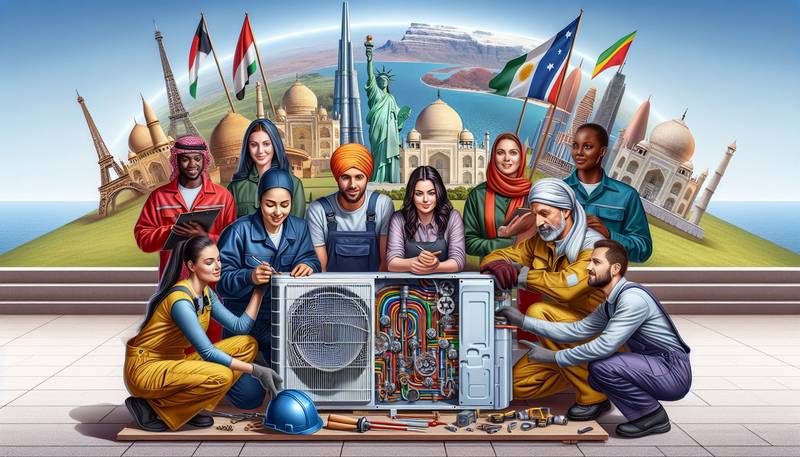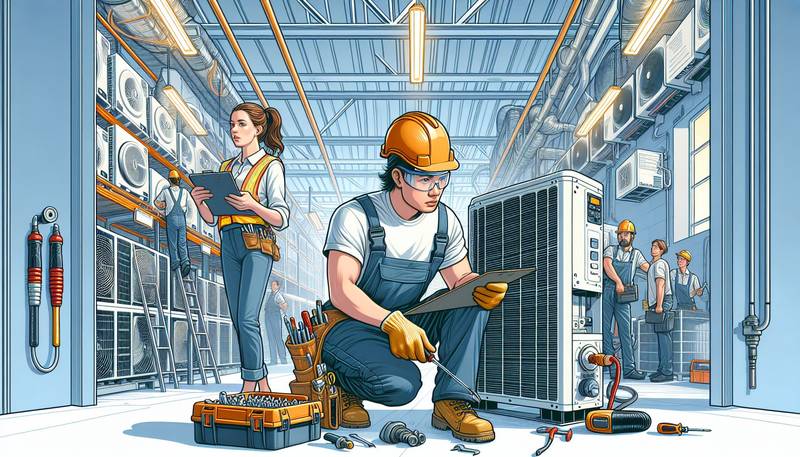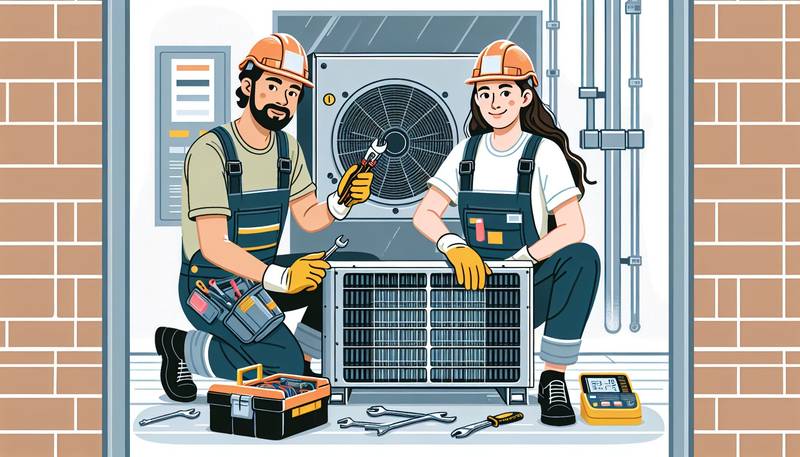Refrigerants and Regulations: Navigating the Complexities of Air Conditioning Jobs
However, the use of refrigerants comes with its own set of challenges, particularly in terms of environmental impact and regulations. As technology advances and the world becomes more conscious of its carbon footprint, the HVAC industry is constantly evolving to adapt to new standards and guidelines.
The Importance of Regulation
The refrigerants used in air conditioning systems can have a significant impact on the environment. Some refrigerants, such as chlorofluorocarbons (CFCs) and hydrochlorofluorocarbons (HCFCs), have been found to contribute to ozone depletion and global warming. In response to these concerns, regulatory bodies around the world have implemented strict guidelines for the use and disposal of refrigerants. These regulations aim to phase out the use of harmful substances and promote the adoption of more environmentally-friendly alternatives.
The Transition to Low-GWP Refrigerants
One of the key trends in the HVAC industry is the shift towards low global warming potential (GWP) refrigerants. These substances have a significantly lower impact on the environment compared to traditional refrigerants like CFCs and HCFCs. Common low-GWP refrigerants include hydrofluorocarbons (HFCs) and hydrofluoroolefins (HFOs). Manufacturers and technicians are increasingly choosing these alternatives to comply with regulations and reduce their carbon footprint.
Challenges of Regulatory Compliance
Navigating the complex landscape of regulations surrounding refrigerants can be a daunting task for HVAC professionals. Compliance requirements vary by region, with different countries and jurisdictions imposing their own set of rules and deadlines. Technicians must stay informed about the latest developments in regulations and ensure that they are using approved refrigerants and following proper disposal procedures. Failure to comply with regulations can result in fines, legal penalties, and damage to a company's reputation.
Training and Certification
To help HVAC professionals navigate the complexities of refrigerant regulations, many organizations offer training programs and certification courses. These programs provide technicians with the knowledge and skills needed to work with new refrigerants and adhere to environmental guidelines. By earning certifications, technicians demonstrate their commitment to compliance and sustainability, gaining a competitive edge in the industry. Ongoing training is essential for staying up-to-date with the latest regulations and best practices.
The Future of Refrigerants in HVAC
As the HVAC industry continues to evolve, the use of refrigerants is expected to undergo further changes. Manufacturers are developing new technologies and refrigerant blends that offer improved performance and reduced environmental impact. Regulatory bodies are likely to introduce more stringent requirements to promote the adoption of low-GWP refrigerants and phase out harmful substances. HVAC professionals must stay informed about these developments and adapt their practices to meet the evolving standards.
In conclusion, refrigerants play a vital role in air conditioning systems, but their use comes with challenges related to regulations and environmental impact. HVAC professionals must stay informed about the latest regulations, transition to low-GWP refrigerants, and invest in training and certification to ensure compliance and sustainability. By navigating the complexities of refrigerant regulations, technicians can contribute to a greener future for the HVAC industry.


